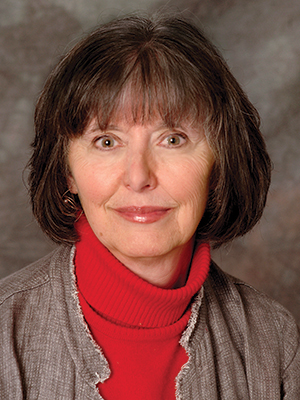
Hester Hill Schnipper Photo courtesy of Beth Israel Deaconess Medical Center
HEALTHY BOUNDARIES ARE ESSENTIAL in respectful and gratifying relationships. But the rules you set for yourself and others can shift both during and after treatment. You may have less energy. You may be surprised to find your tolerance and patience for others is wearing thin.
Maintaining strong relationships with caregivers, family members, friends and colleagues often takes more thought than in the past as you learn to weigh your needs with the needs of others. Setting some limits can help you take the best possible care of yourself while dealing with cancer.
Here are factors you might want to think about in your relationships:
1) Consider what information you want to share with others, including work colleagues, casual friends and distant family members. You don’t owe anyone any more information than you are willing to share.
2) It is perfectly acceptable to say, “I would rather not say more about this.” The more you practice this response, the easier it will become.
3) Be selective about telling people sensitive information. If you’d like people to keep certain details about your cancer quiet, ask them not to share that information with others.
4) Share your expectations for social distancing before visits. It’s OK to ask where a person has been and if they routinely wear masks in public. Your health depends on it.
5) Tell people when a conversation becomes stressful. If a friend starts describing a particularly dire cancer experience, for example, you can say, “This is not helpful.”
6) Take measures to preserve energy so you can budget time for the important parts of your life. You owe it to yourself to find as much happiness as you can.
7) Say “no” to invitations if you feel any hesitation to attend, including if you have any concerns that you might be exposed to the coronavirus.
8) Share your personal preferences and values with your health care team. Tell doctors how you would like to receive reports after scans, for example. Some people want results right away and are comfortable with a phone call, while others prefer to wait for the next appointment.
Putting yourself first can be a challenge, but now is the time to do so. Learning to set boundaries can be a valuable skill that not only helps you heal, but also enriches your relationships in the future.
Cancer Today magazine is free to cancer patients, survivors and caregivers who live in the U.S. Subscribe here to receive four issues per year.





